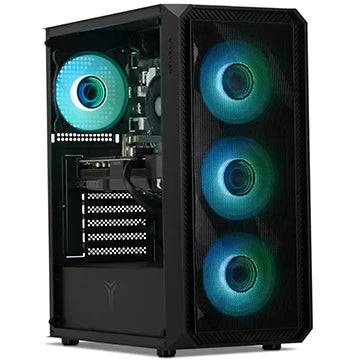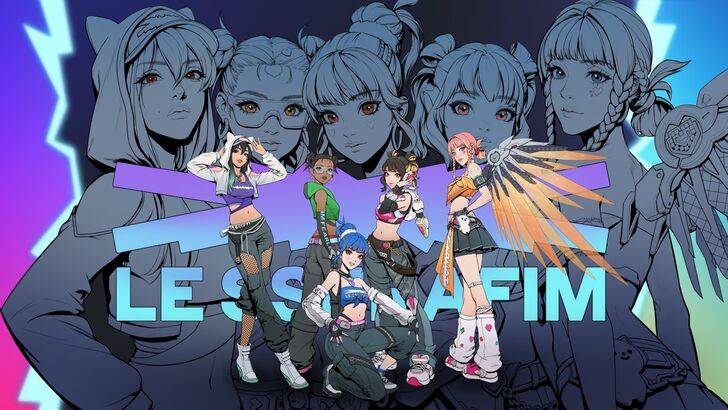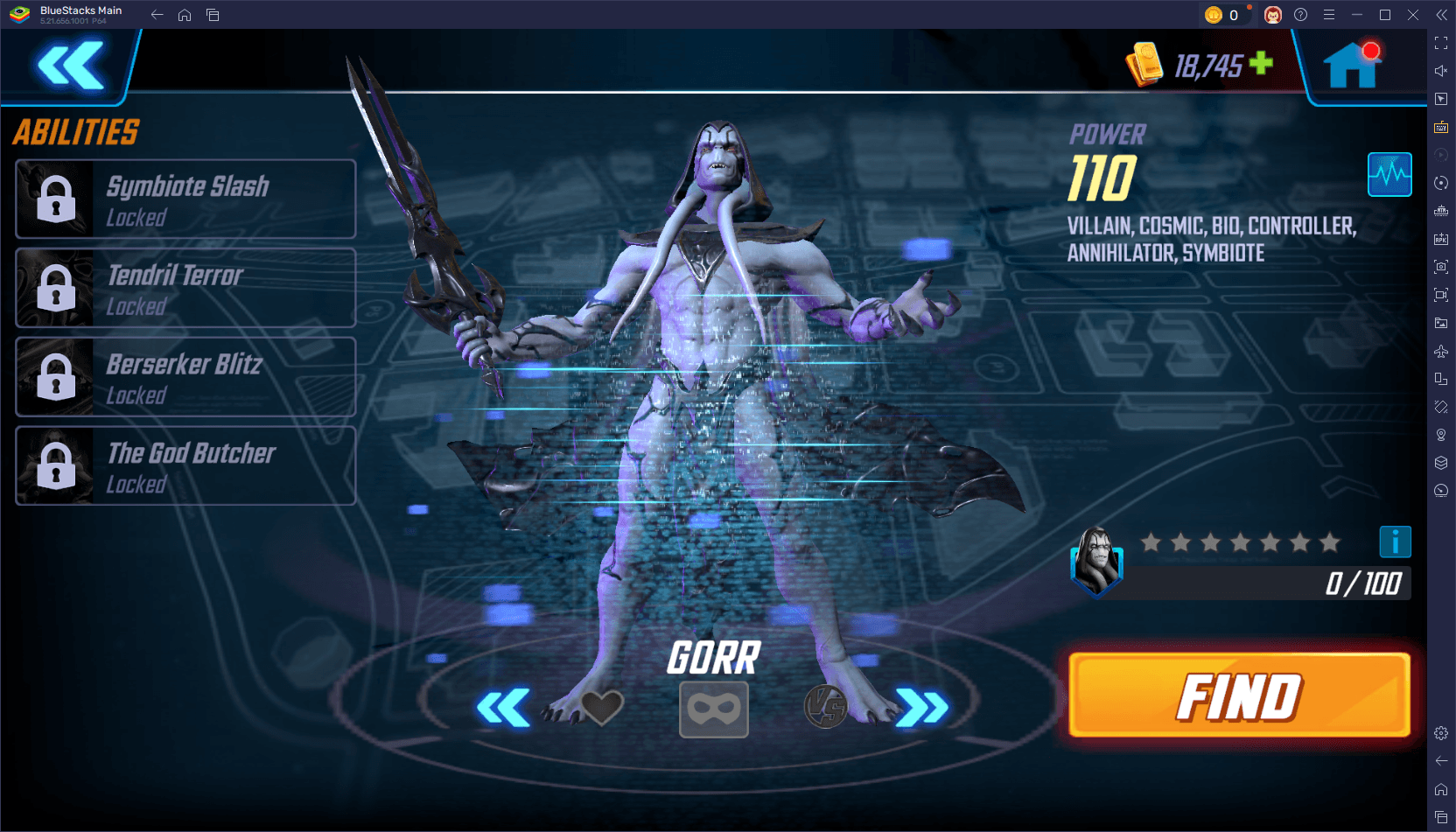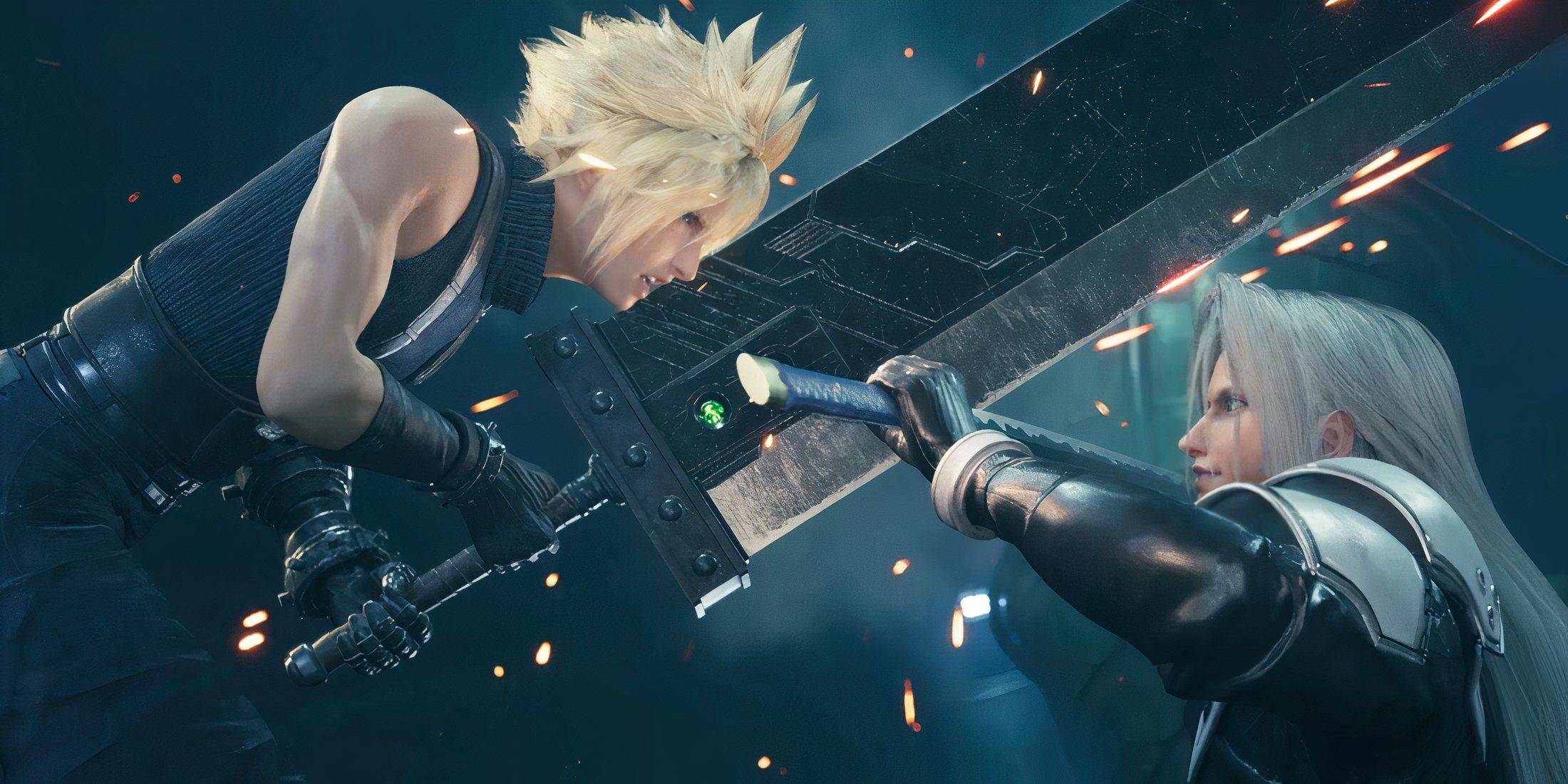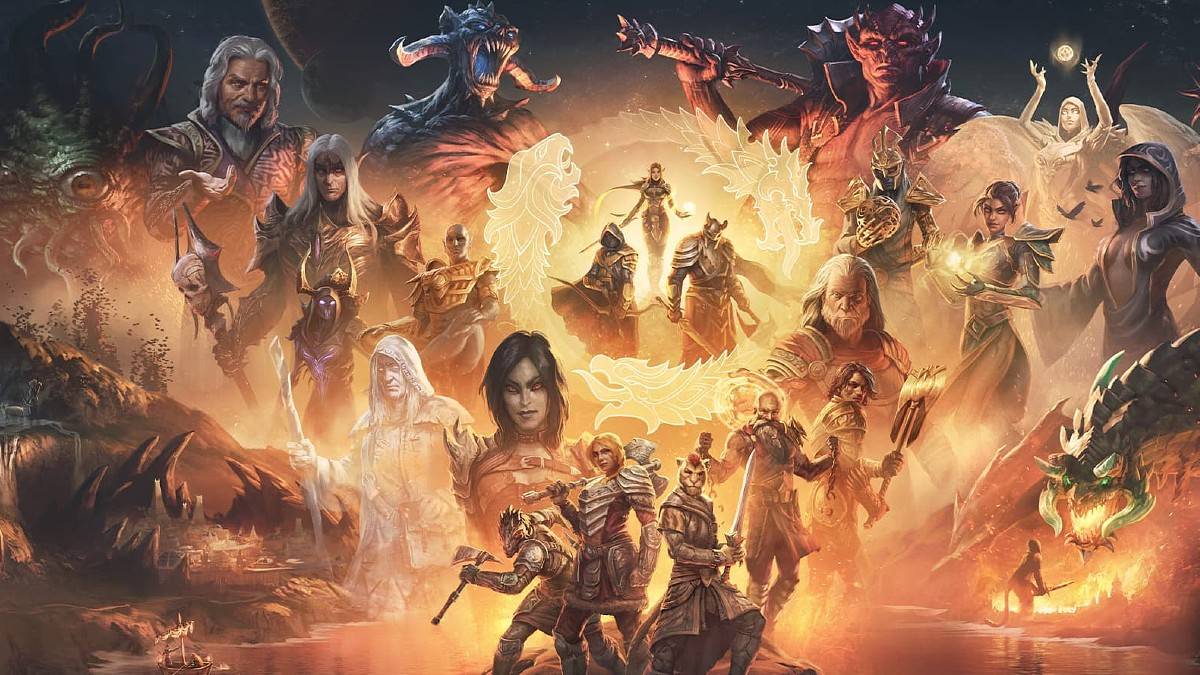The Screen Actors Guild - American Federation of Television and Radio Artists (SAG-AFTRA) has issued an update to its members regarding ongoing negotiations with the video game industry over AI protections for actors. Despite some progress, the guild remains "frustratingly far apart" from the industry's bargaining group on several critical issues.
SAG-AFTRA has provided a detailed chart highlighting the disparities between its proposals and those of the bargaining group, which includes major AAA gaming companies. Key points of contention include:
- Protection from AI Use: SAG-AFTRA seeks protection against digital replicas and generative AI for all work, not just future projects. The bargaining group's proposal is limited to work produced after the agreement date.
- Definition of 'Digital Replica': The guild proposes a definition that includes any performance, vocal or movement, "readily identifiable or attributable to" a performer. The bargaining group prefers "objectively identifiable," which SAG-AFTRA argues could exclude many performances.
- Inclusion of Movement Performers: SAG-AFTRA wants to include movement performers in the generative AI agreement, a point not addressed by the bargaining group.
- Terminology: The guild suggests using "real-time generation" for AI-created performances, while the bargaining group proposes "procedural generation," which SAG-AFTRA says has a different meaning in the gaming context.
- Disclosure Requirements: Disputes remain over whether employers must disclose the blending of voices for digital replicas or the use of voices in real-time chatbots versus scripted dialogue.
- Strike Provisions: SAG-AFTRA's proposal withdraws consent for digital replica use during strikes, whereas the bargaining group wants to continue using them, even on struck games.
- Consent Duration: The guild proposes a five-year consent period for real-time generation, renewable thereafter, while the bargaining group seeks unlimited consent.
- Compensation: There are disagreements over minimum pay for digital replica creation and use, though bonus pay calculations have been tentatively agreed upon.
- Bonus Rights: The bargaining group proposes a system akin to the SAG-AFTRA TV/Film agreement for bonus rights, which the guild finds too broad and potentially circumventing union rights.
- Tracking System: SAG-AFTRA wants to track digital replica usage to ensure fair compensation, but the bargaining group considers this unfeasible.
- Synthetic Performers: There are ongoing discussions about defining and regulating characters created entirely by generative AI systems.
While tentative agreements have been reached on bonus pay, dispute resolution, certain minimum compensation elements, consent requirements, and some disclosures, SAG-AFTRA has expressed concern over misleading statements from the bargaining group suggesting a near deal.
Duncan Crabtree-Ireland, SAG-AFTRA's national executive director and chief negotiator, emphasized the ongoing strike's impact, warning members against taking roles that could undermine the strike and expose them to AI misuse without proper protections.
In response, Audrey Cooling, spokesperson for the video game industry bargaining group, highlighted their proposed deal, which includes over 15% wage increases, enhanced health and safety protections, and industry-leading AI terms, expressing eagerness to resume negotiations.
The SAG-AFTRA strike, now in its eighth month, has visibly affected the industry. Games like Destiny 2 and World of Warcraft have shown signs of unvoiced NPCs, and incidents such as the recasting of characters in Call of Duty: Black Ops 6 and League of Legends have been attributed to the strike. Most recently, two voice actors for Zenless Zone Zero discovered their replacement through patch notes.
This ongoing conflict underscores the significant challenges in reaching an agreement that adequately protects performers in the evolving landscape of video game production and AI technology.




